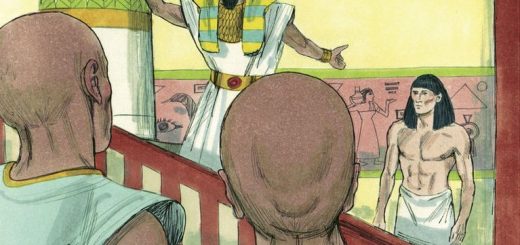Workers’ Party

On Dedication Sunday, we heard about the intrinsic value of ALL work done for Christ – whether highly, or lowly or un-paid; whether it takes place in church or in the marketplace or in the home; whether it happens on Sunday or the other six days.
As Pastor Dev said, when we treat our working life according to the hope we have in heaven – according to the presently-hidden-but-one-day-to-be-revealed reality that our lives are secure in Christ (Col 3.1-4) – then our work is a powerful witness to the world. In what we do, and how we do it, especially in the other six days, we proclaim that “Christ is Boss!” not just over my life or family or work, but over the whole world, to the glory of God. This is the frontline of the kingdom.
Applying this mindset consistently is not easy. We all have different work situations, and different personalities, strengths and weaknesses. That is why I appreciated the testimonies of our “workers’ party”: Elder David, the paid worker; Chene the unpaid worker, and Mervyn, the boss. They shared about how “Christ is Boss” made a difference in each of their situations.
As I listened to their stories, I noticed a couple of common themes. First, each was honest about their struggles. Leaving behind the mindset of the world, which values above all else status, salary, and profits, is a constant challenge. But that is what the church is for, to help re-orientate our minds to the glorious reality that Christ is risen and we are in Him. Each worker shared about the importance of Christian brothers and sisters who walked alongside, and prayed with or for him or her.
Second, each in their own way valued building relationships in their work. Elder David spoke about acting with kindness and treating clients with dignity; Chene about discipling her children; and Mervyn about building a strong team who supported each other. Perhaps it is not surprising that relationships should be a primary Christian way to evaluate work, since we are made in the image of the triune God who works (John 5.17-18) and is described by self-giving love (1 John 4.7-12).
When I was in seminary, a professor shared about how he made a change in the order of service of the church he pastored. In each week for a period of six months, instead of the usual 40-minute sermon as the main item, he interviewed a member of the congregation with the following questions:
a. What do you do from Monday-Friday (or Sat)?
b. Why do you think your work matters to God?
c. What are some of the challenges you face being a Christian in the kind of work that you do?
Other similar questions can be found in the sermon outline. They are certainly worth reflecting on and sharing about in our Action Groups.
As we have dedicated ourselves to be workers for Jesus in 2014, let’s continue the conversation with each other, stirring up one another to love and good works.
“In making shoes the cobbler serves God, obeys his calling from God, quite as much as the preacher of the Word.” – Martin Luther
Quek Tze-Ming








